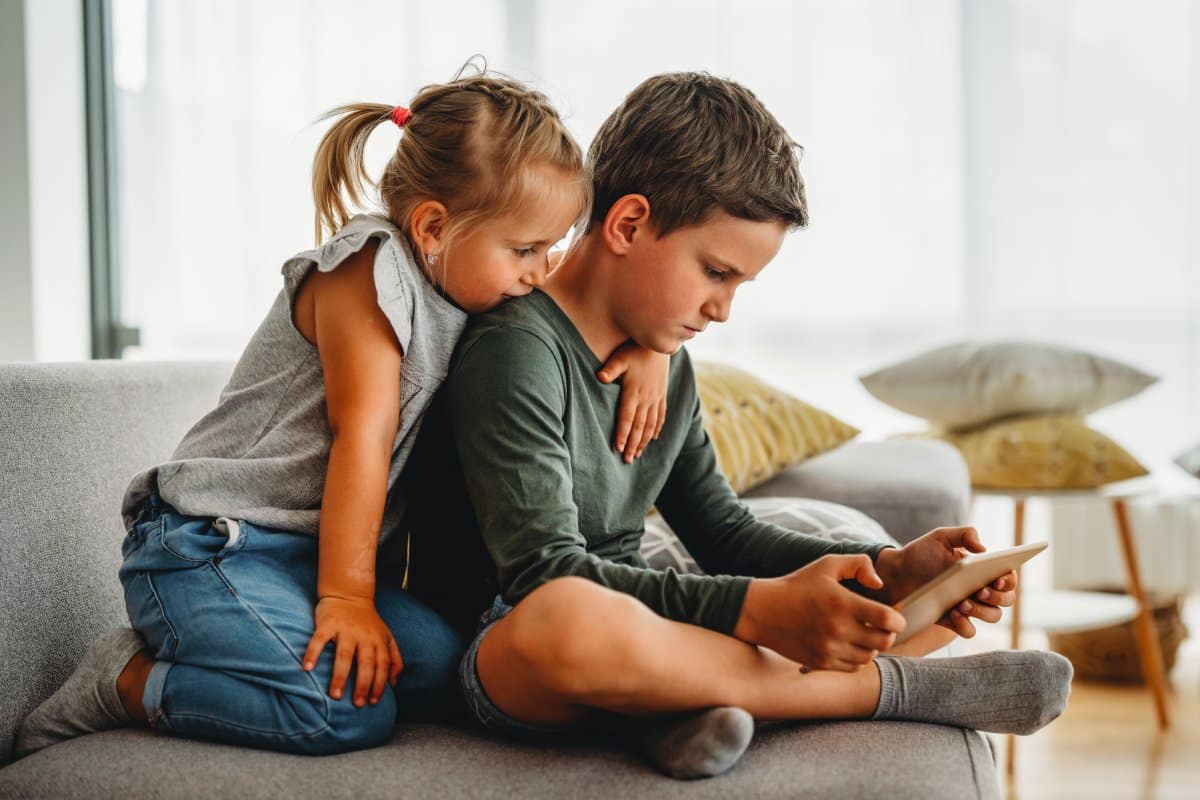Amidst mounting concerns over children’s smartphone usage, UK ministers contemplate banning sales to under-16s, prompting public support and political unease. Here’s the full story.
Electoral Wipeout

The Conservative government, facing a possible electoral wipeout in the upcoming general election, appears to be floundering in search of an easy, cheap, but also popular policy that may help stem the flood of voters abandoning them for other parties.
Much Needed Boost
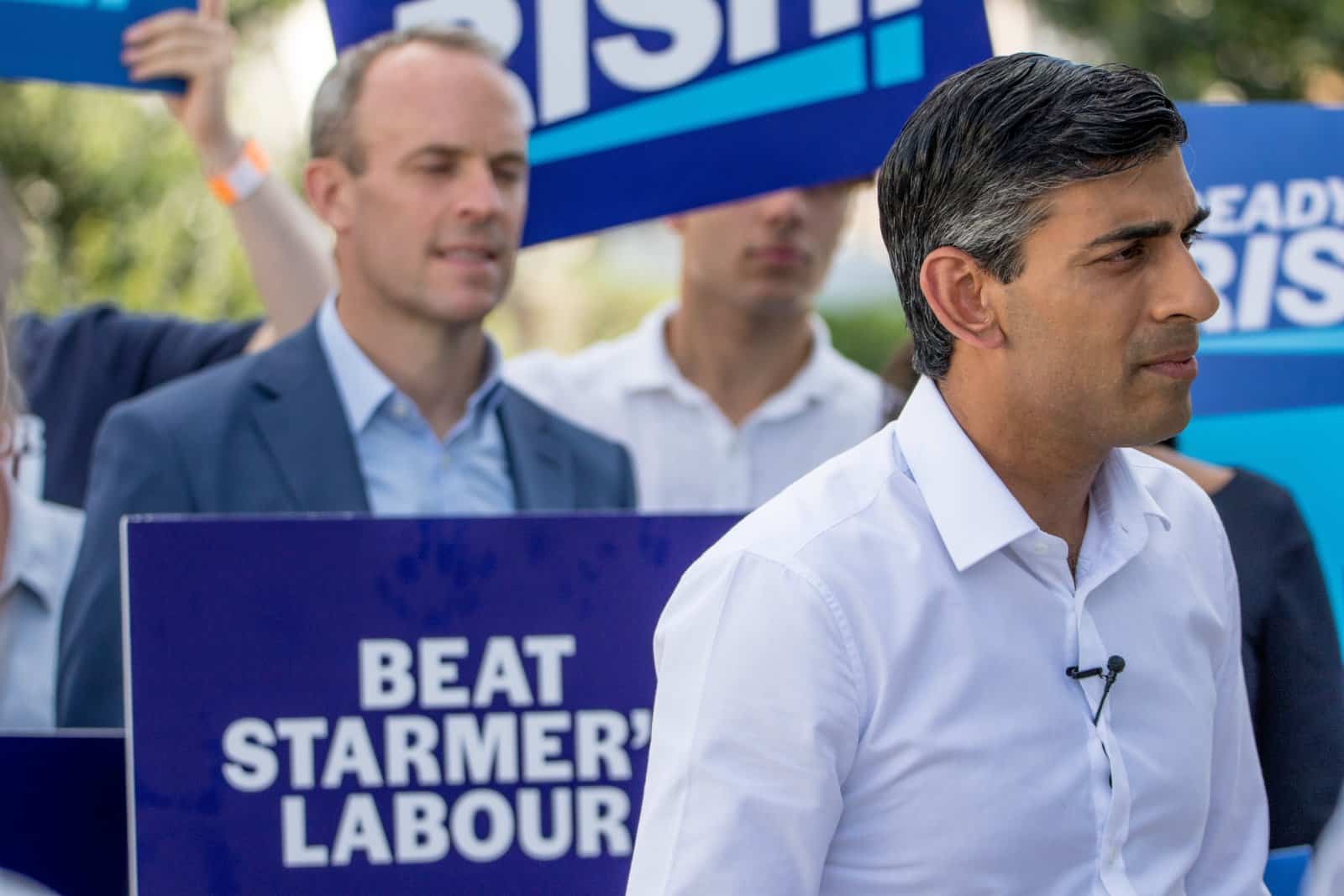
With the country’s economy in the toilet, a cost of living crisis squeezing household budgets, and new figures showing that a disturbing number of working people are living in poverty, the government needs something to boost its poll numbers.
Don’t Rock the Boat
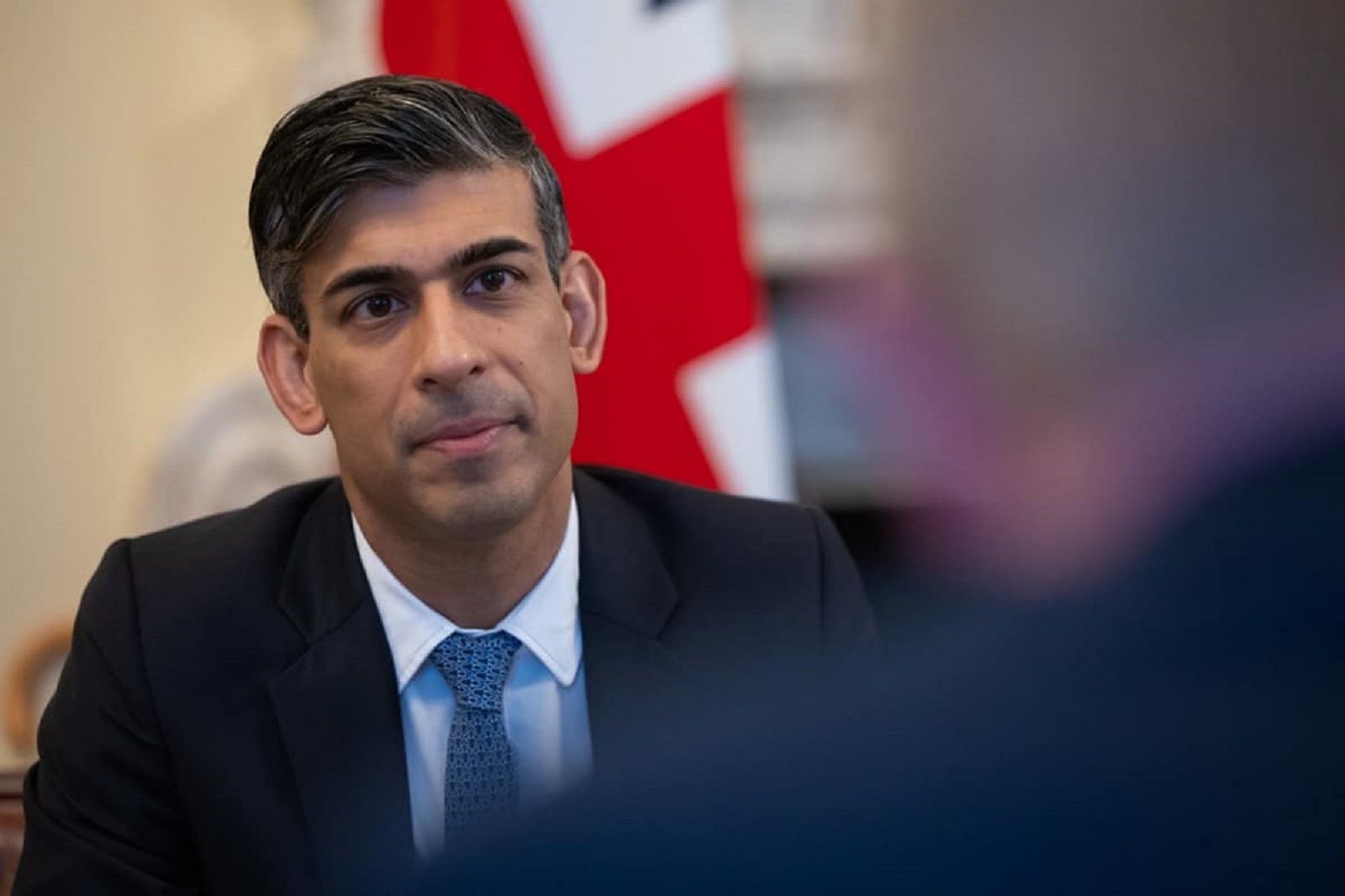
However, with the economy in such a sorry state, any policy would need to ensure that it doesn’t put too much stress on the public coffers, as any wrong move could make the situation, already dire, considerably worse.
Smartphone Ban

Luckily for them, some Conservative ministers think they have arrived at a solution that meets all three qualifications: a potential ban on selling smartphones to children under 16.
Growing Concerns
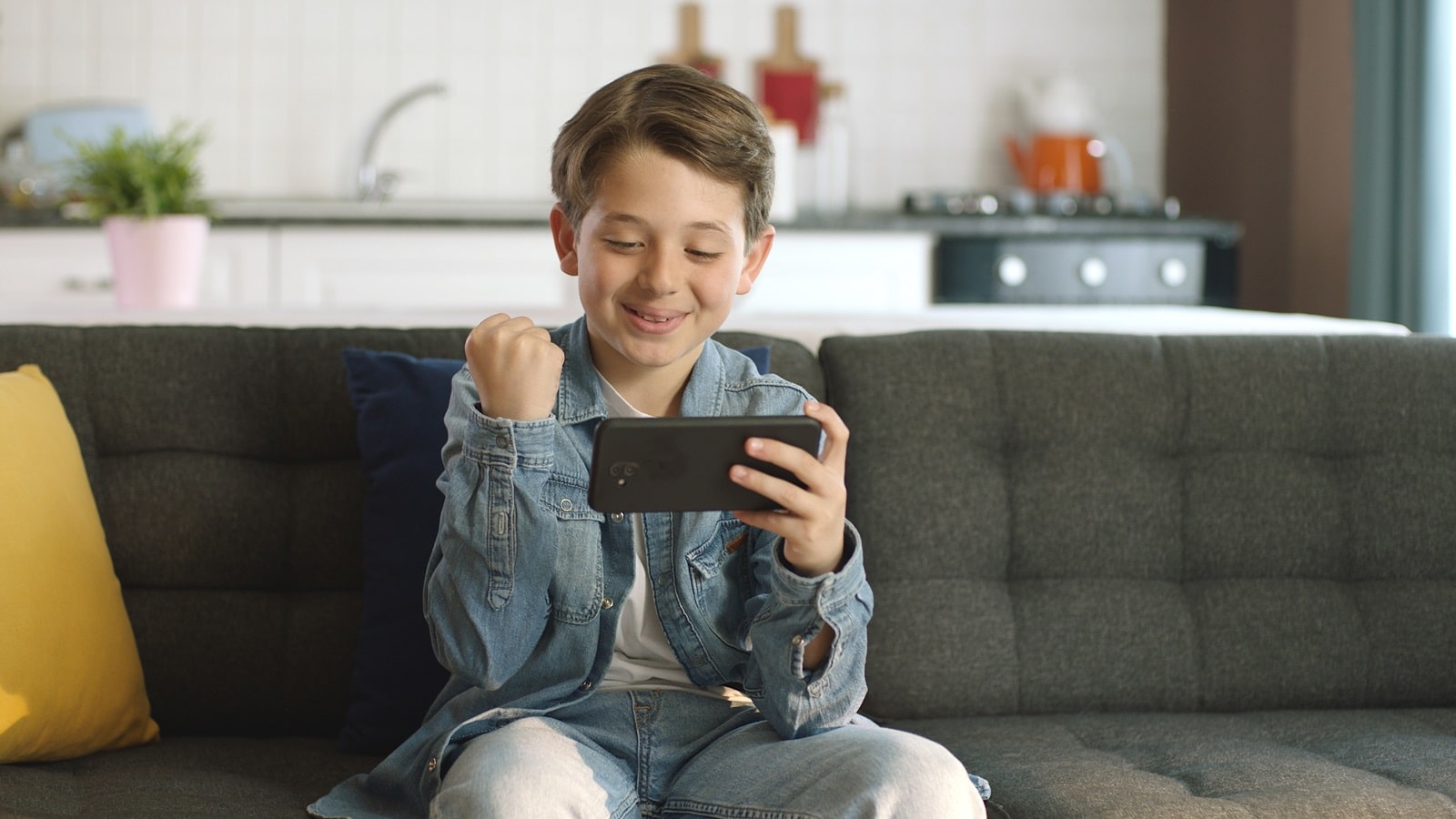
The ministers have claimed that this sudden policy decision is in response to growing concerns about children’s access to smartphones and, more specifically, the social media apps that are so prevalent among them.
Public Support

Unlike so many others the government has proposed, the proposition has significant public support. Several different campaign groups are currently highlighting the potential risks associated with unrestricted access to digital devices.
Age Restrictions
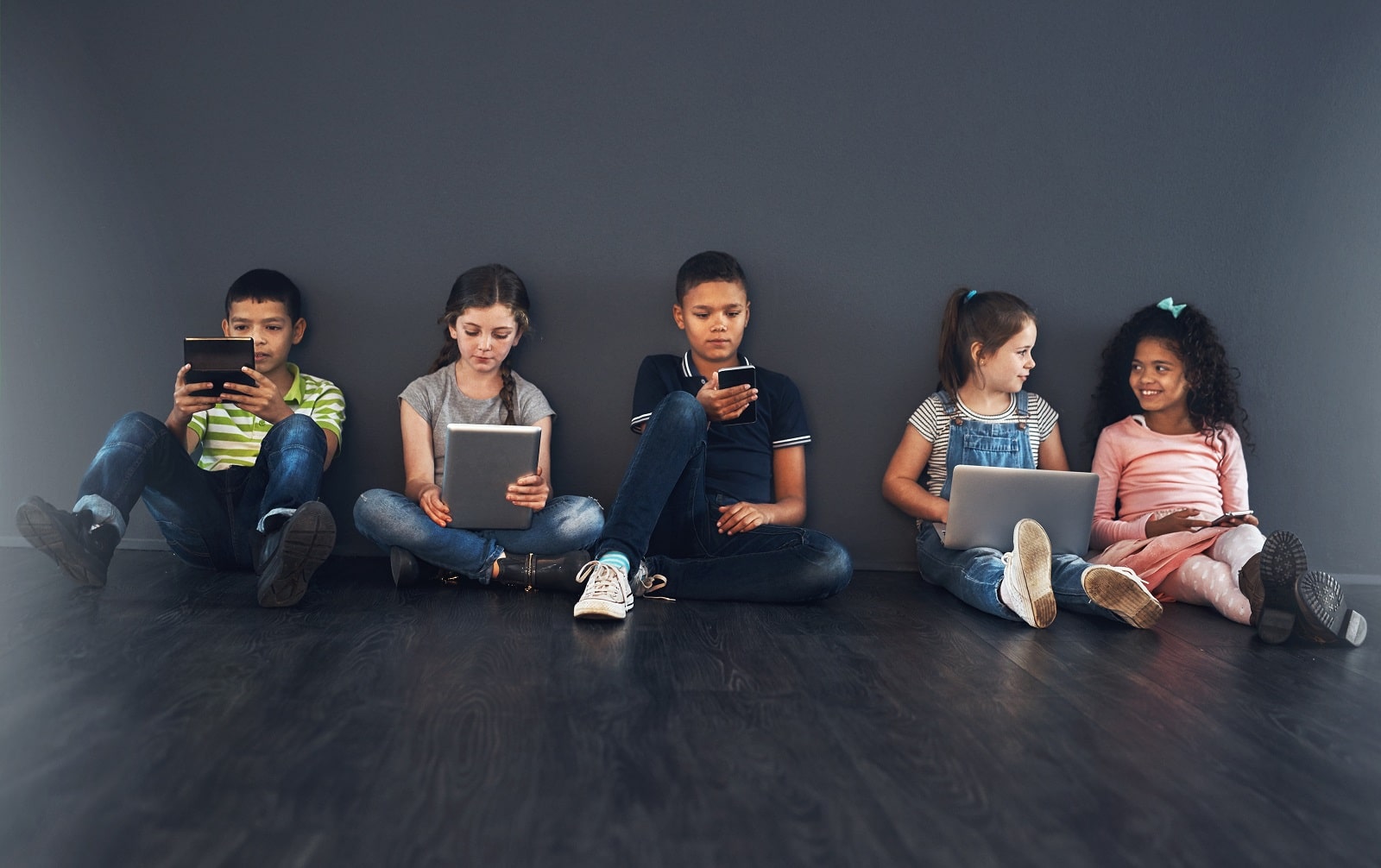
One such campaign was launched by Esther Ghey, the mother of Brianna, a 16-year-old victim of a horrifying murder, who has been at the forefront of advocating for age restrictions on smartphone usage.
“Only Suitable for Under 16s”

Speaking to the BBC in February, Ghey stated, “We’d like a law introduced so that there are mobile phones that are only suitable for under-16s.”
“Adult Phone”
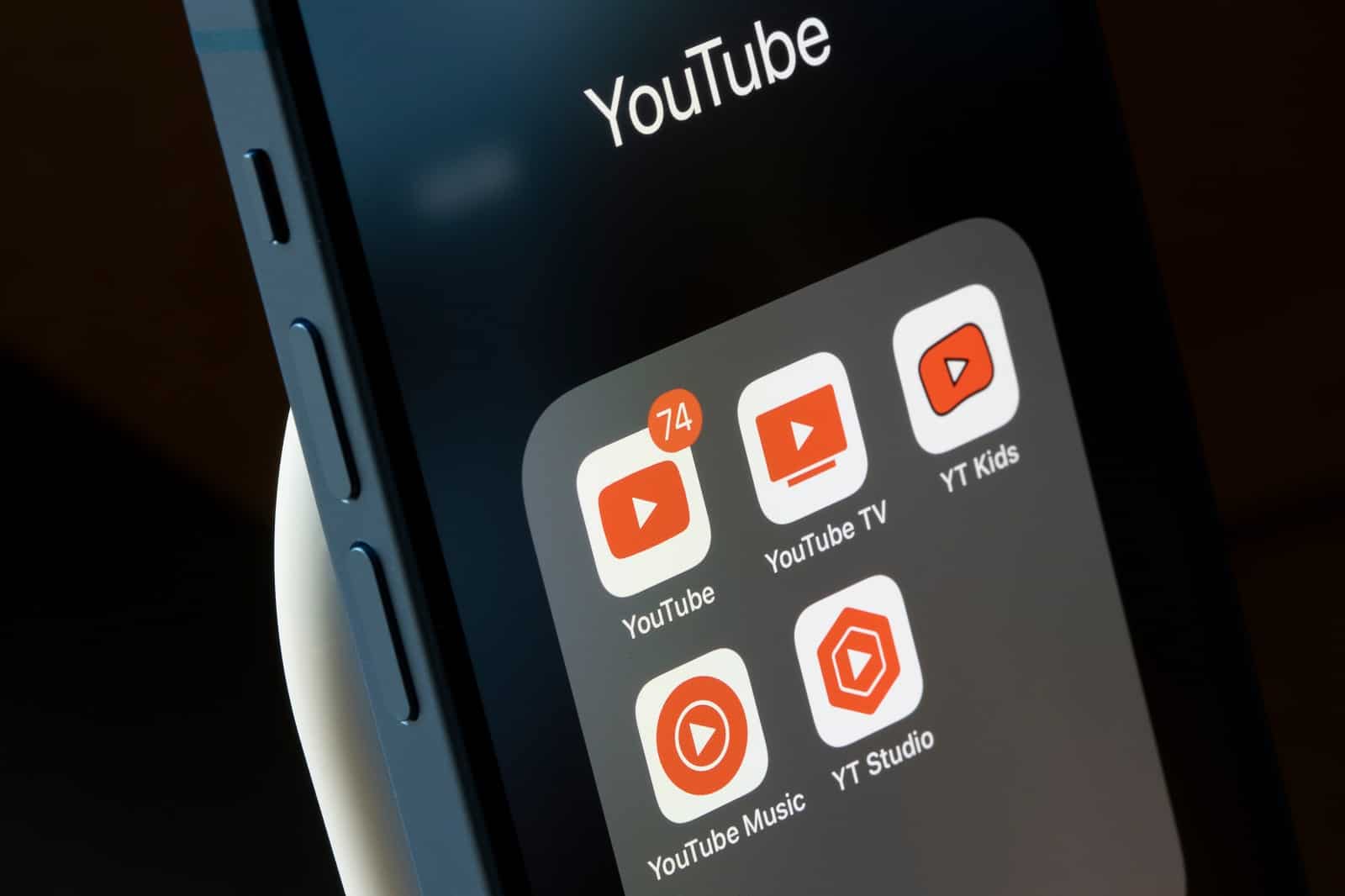
She continued, “So if you’re over 16 you can have an adult phone, but then under the age of 16, you can have a children’s phone, which will not have all of the social media apps that are out there now.”
Parental Support
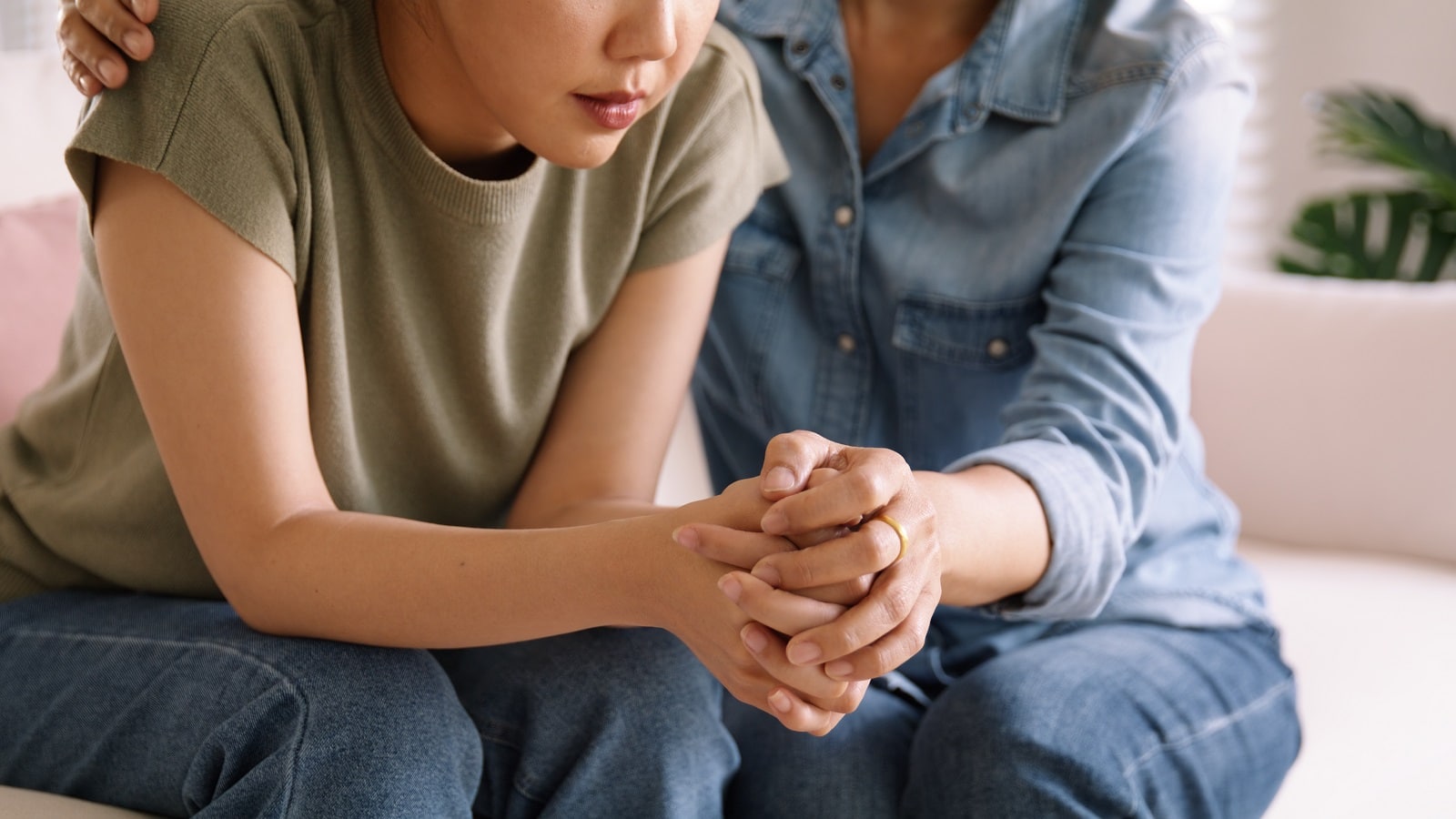
Ghey’s plea for legislation echoes the sentiments of numerous parents, who have stressed the need for dedicated devices tailored to children’s safety, devoid of specific social media applications.
Phones in Schools

Ghey’s advocacy gained momentum following governmental guidance regarding mobile phone use in English schools, indicating the broader societal concern over digital consumption among the nation’s youth.
Widespread Support

Several surveys conducted recently underscore the widespread support for imposing restrictions on smartphone sales to minors.
56% of Parents
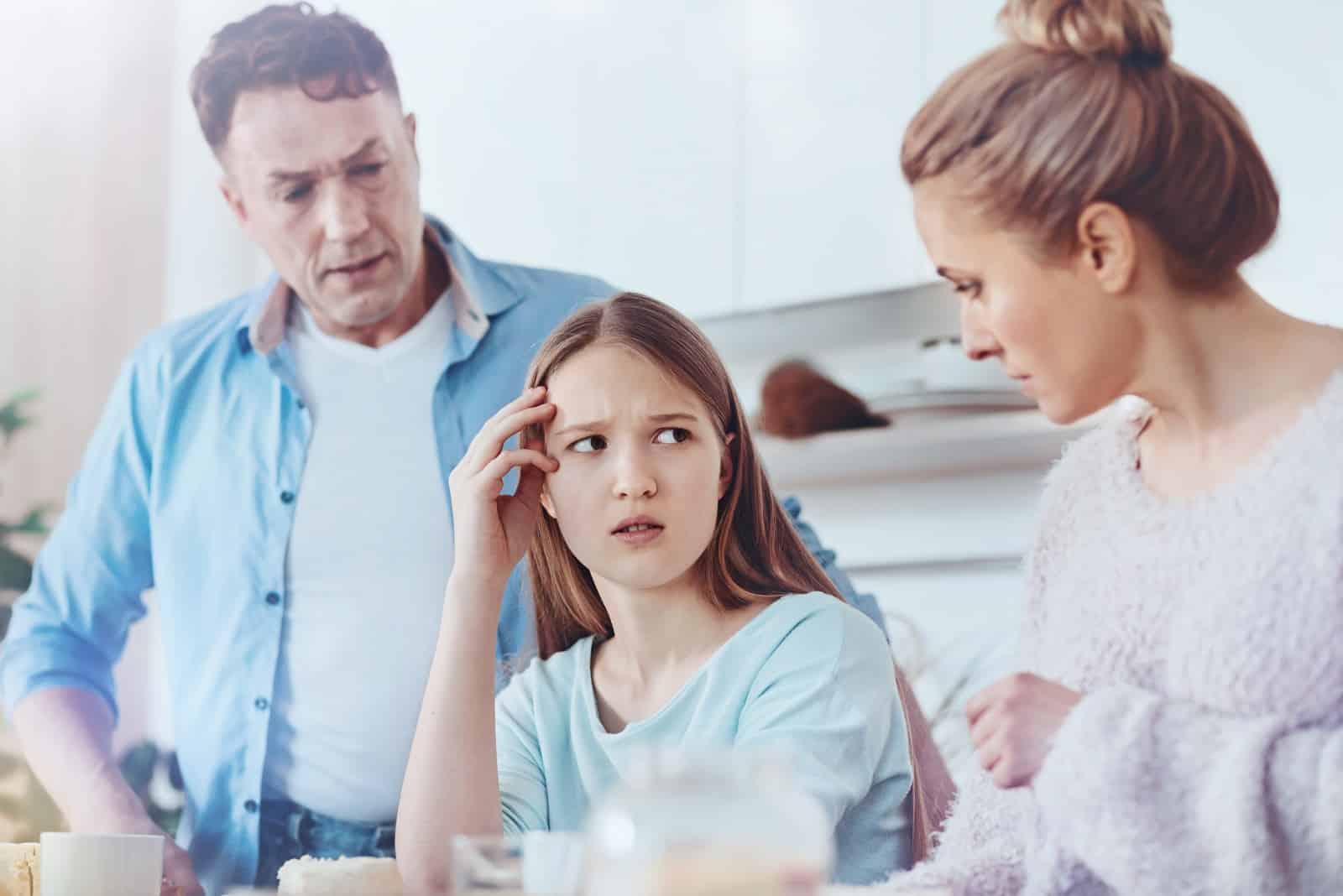
A survey by Parentkind revealed that 58% of parents in England support a smartphone ban for those under 16. Moreover, over four-fifths of parents expressed concerns about the potential harm smartphones pose to children and adolescents.
64% in Favor
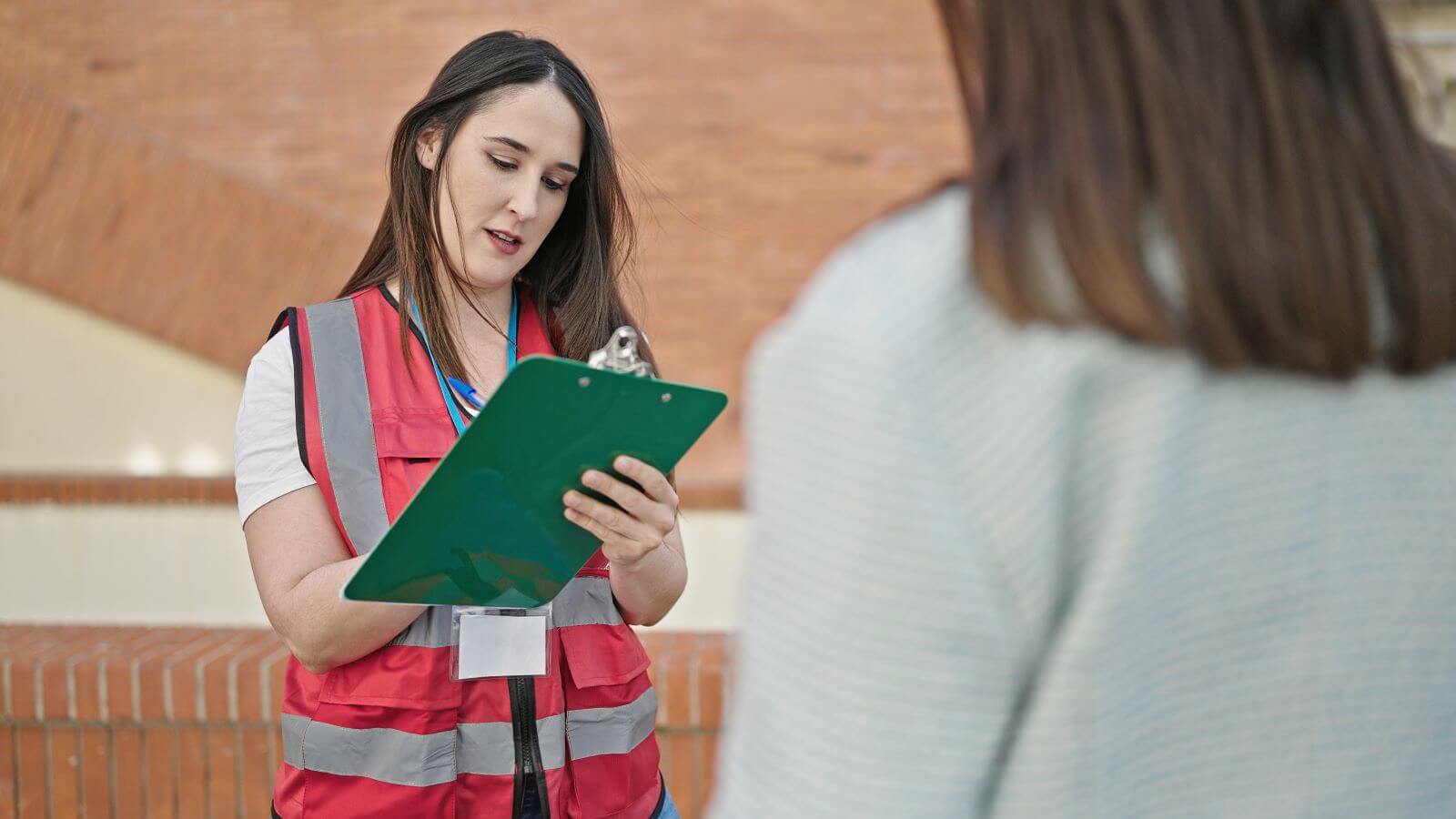
Similarly, findings from a More in Common survey strongly endorse the proposal, with 64% of respondents favoring the measure.
Bipartisan Support
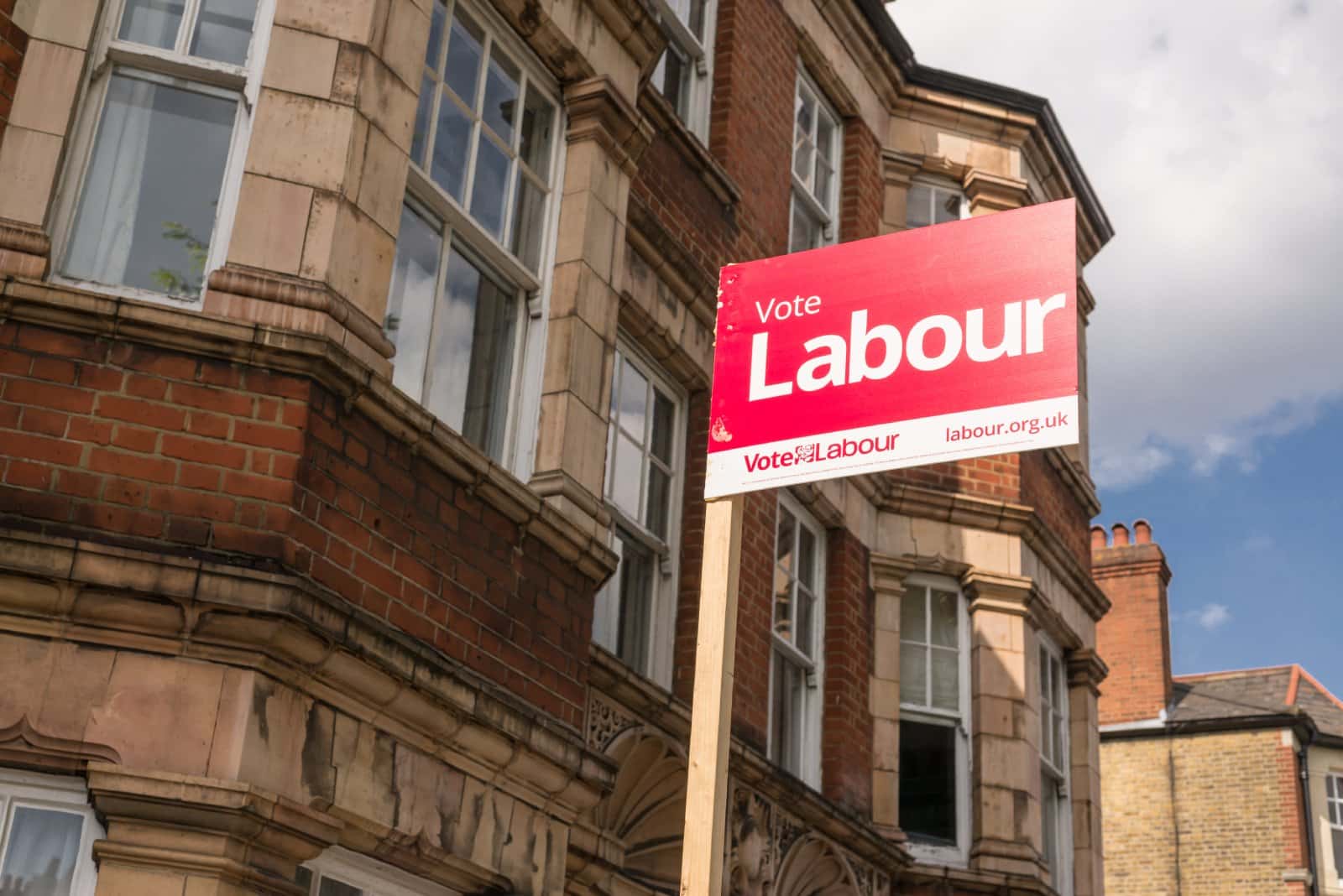
Support transcends political affiliations, with most Tory and Labour voters backing the initiative.
Raised Eyebrows

Despite the prevailing public sentiment, the notion of governmental intervention in family life, always a bugbear for Conservative politicians, has raised some eyebrows.
“Out of Touch”

Some Conservatives have described the proposed ban as “out of touch,” with critics within the party arguing against what they perceive as governmental overreach into parental responsibilities.
“Not The Government’s Role”
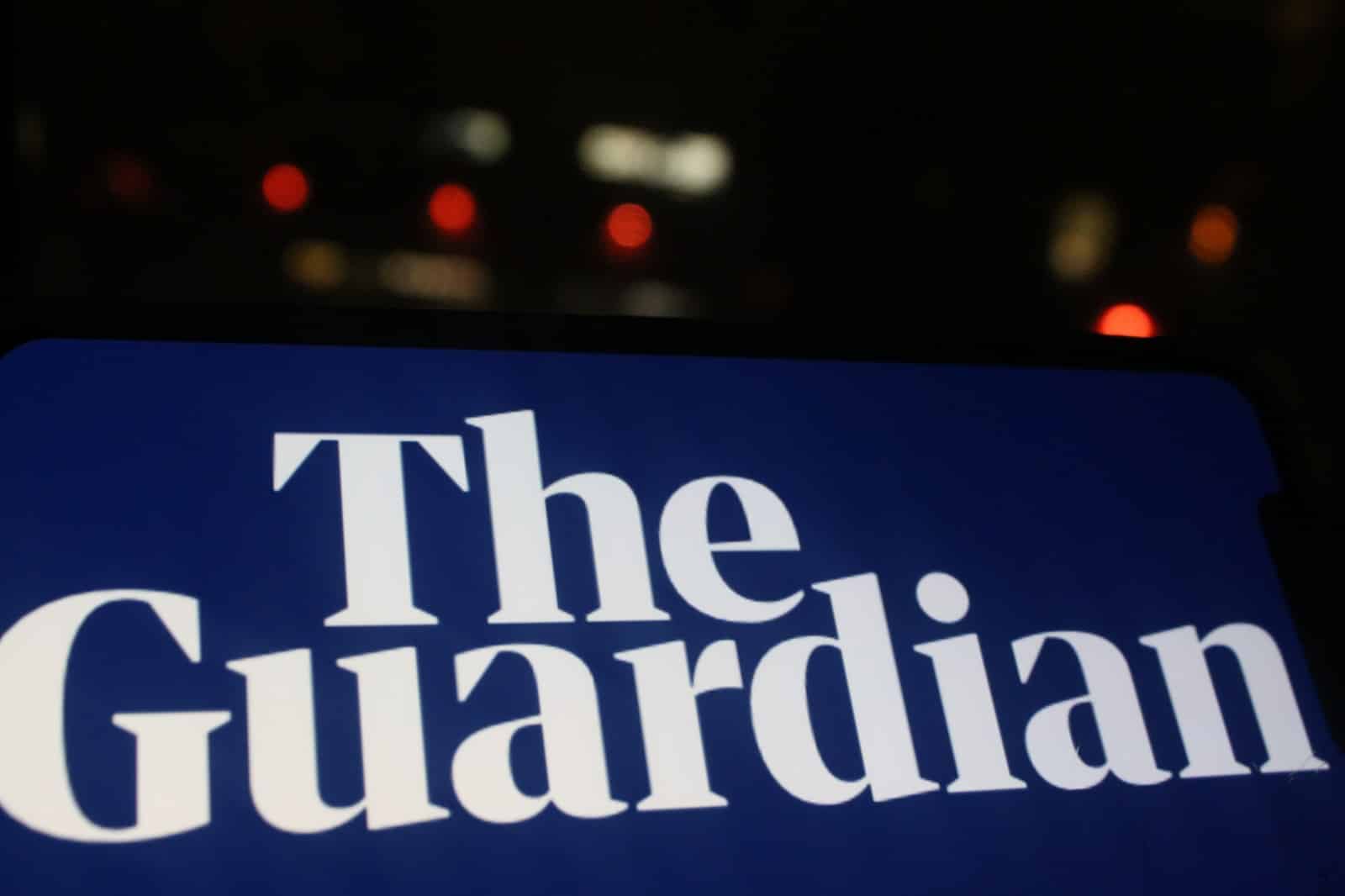
One government source, speaking under condition of anonymity to the Guardian, stated, “It’s not the government’s role to step in and micro parent; we’re meant to make parents more aware of the powers they have like restrictions on websites, apps and even the use of parental control apps.”
No Comment
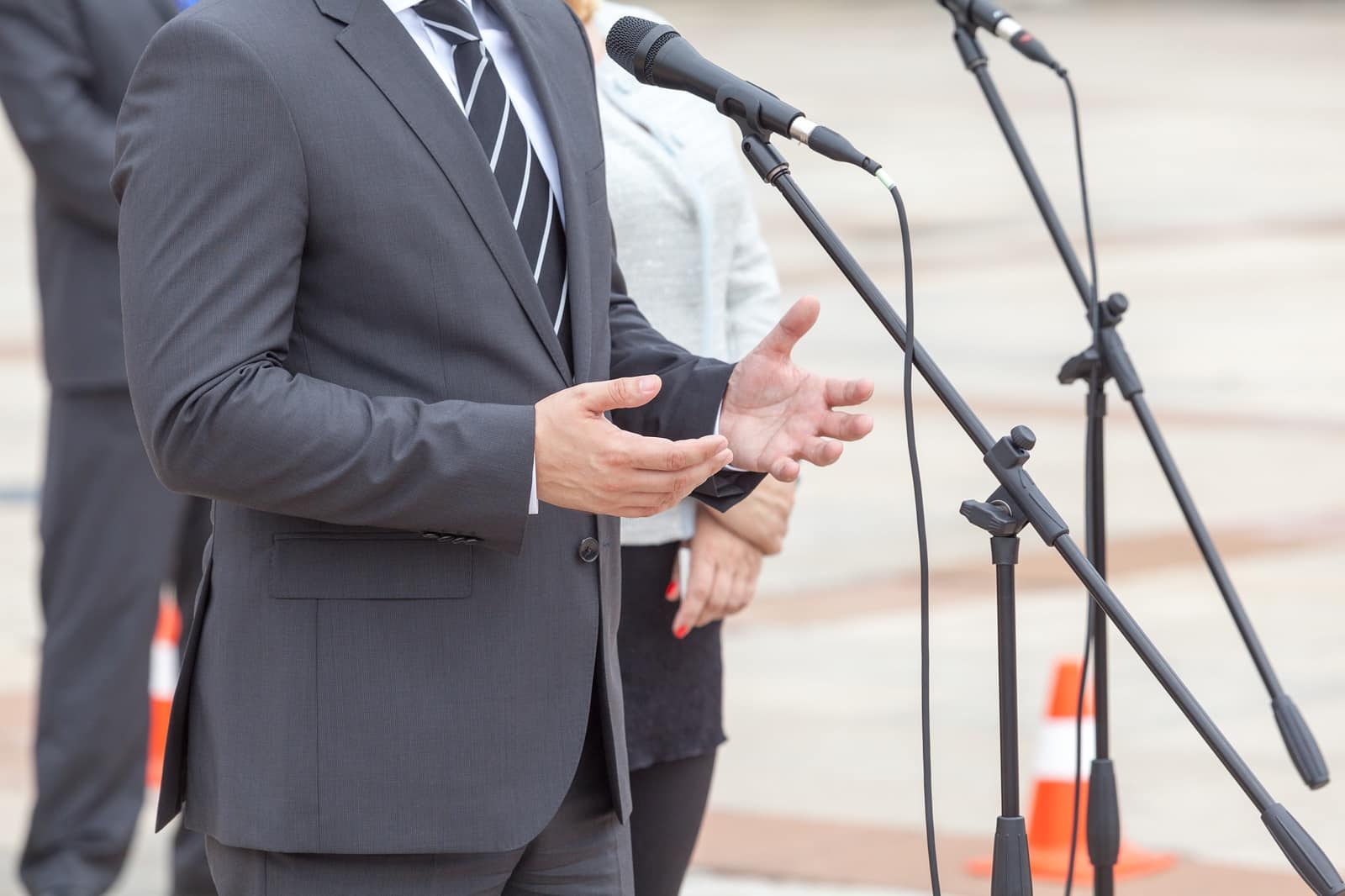
In response to the rumors surrounding the potential ban, a government spokesperson stated, “We do not comment on speculation. Our commitment to making the UK the safest place to be a child online is unwavering, as evidenced by our landmark Online Safety Act.”
Youth Upheaval
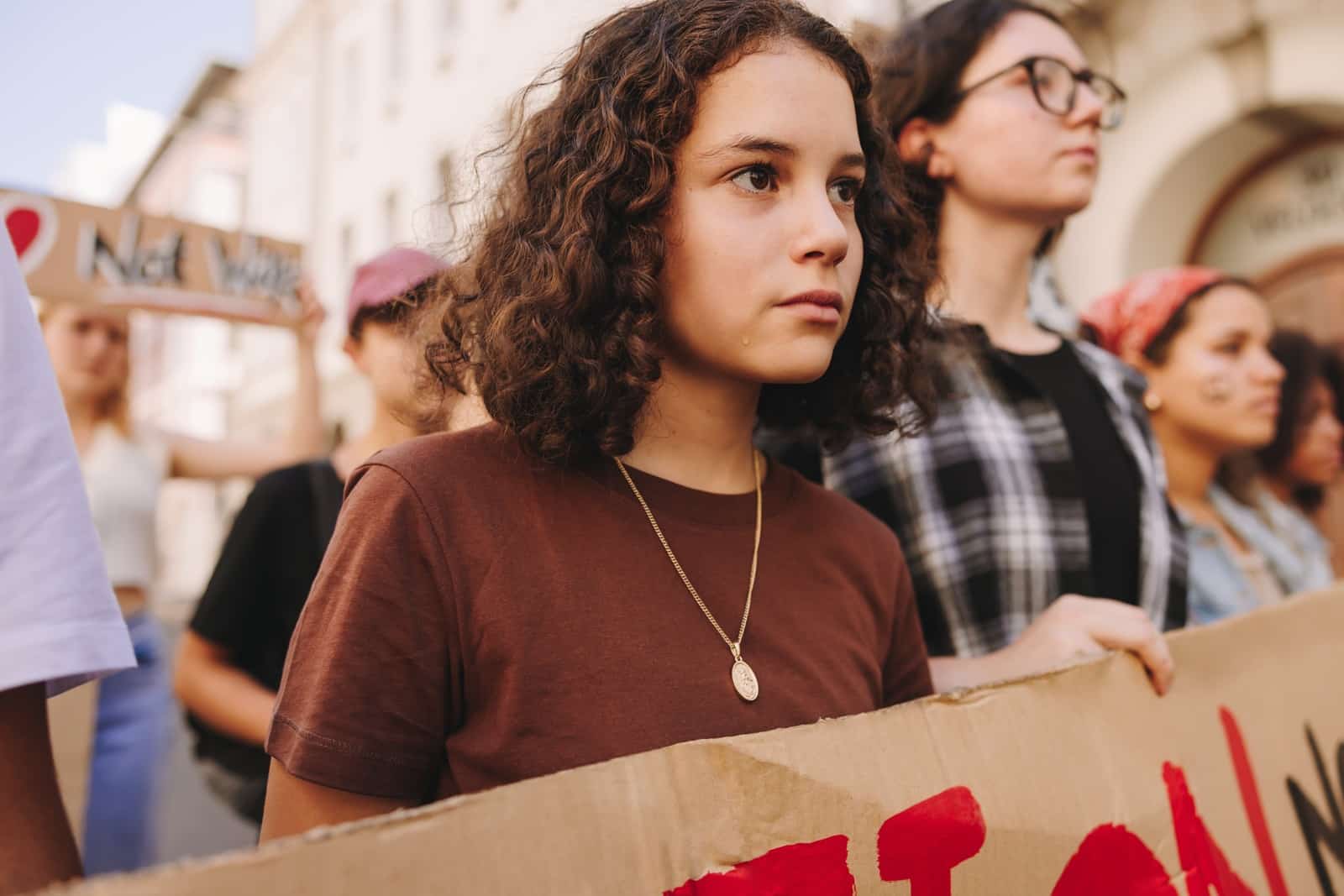
Meanwhile, the broader policy landscape surrounding youth-related restrictions is undergoing considerable upheaval.
“Absolutely Nuts”
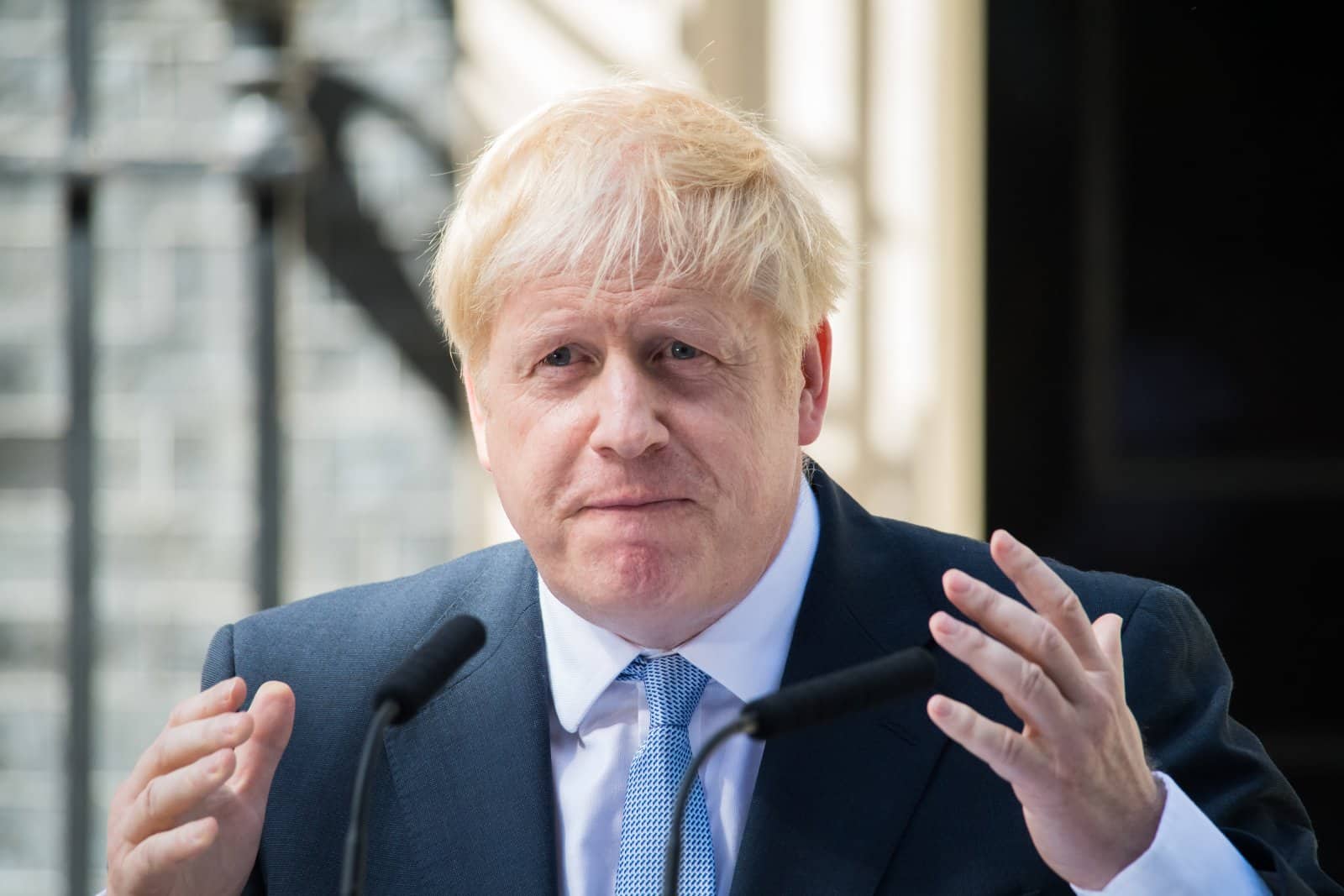
Prime Minister Rishi Sunak’s proposal to incrementally raise the smoking age, effectively preventing individuals born after January 1, 2009, from purchasing cigarettes, has also come under sustained criticism from Conservatives, with disgraced former Prime Minister Boris Johnson calling the plan “absolutely nuts.”
Backtrack
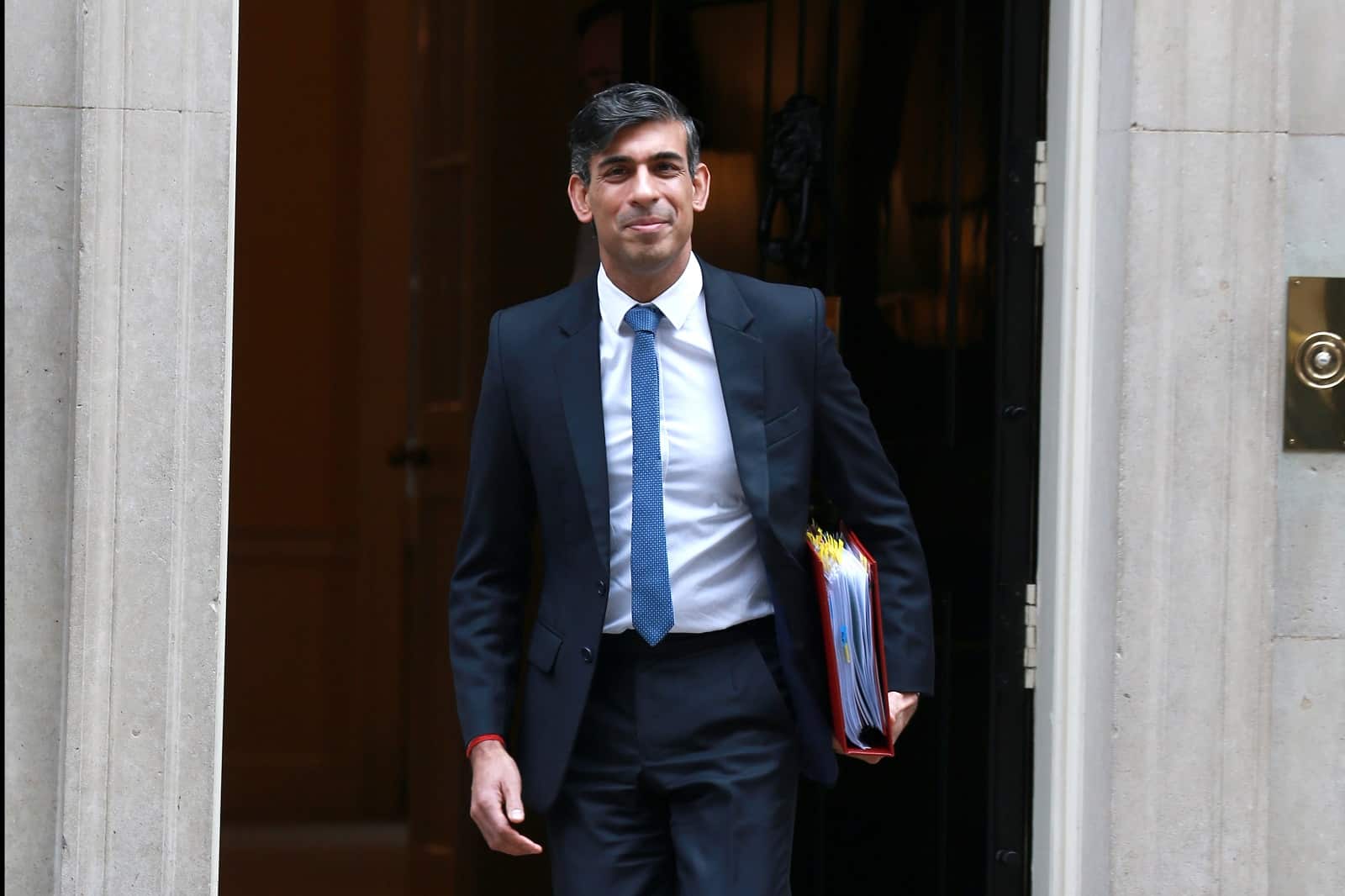
The plan was introduced following similar moves from New Zealand, but since the policy was announced, the county’s new Conservative government has said it will revoke the landmark legislation. Despite this embarrassing revelation, Sunak is determined to continue the smoking ban plan.
Concerns Persist

While public support for the smartphone ban is high, concerns regarding the feasibility of such a plan and the potential for further government intrusion into people’s private lives have not gone away.
Preventing Harm or Positive Headlines?
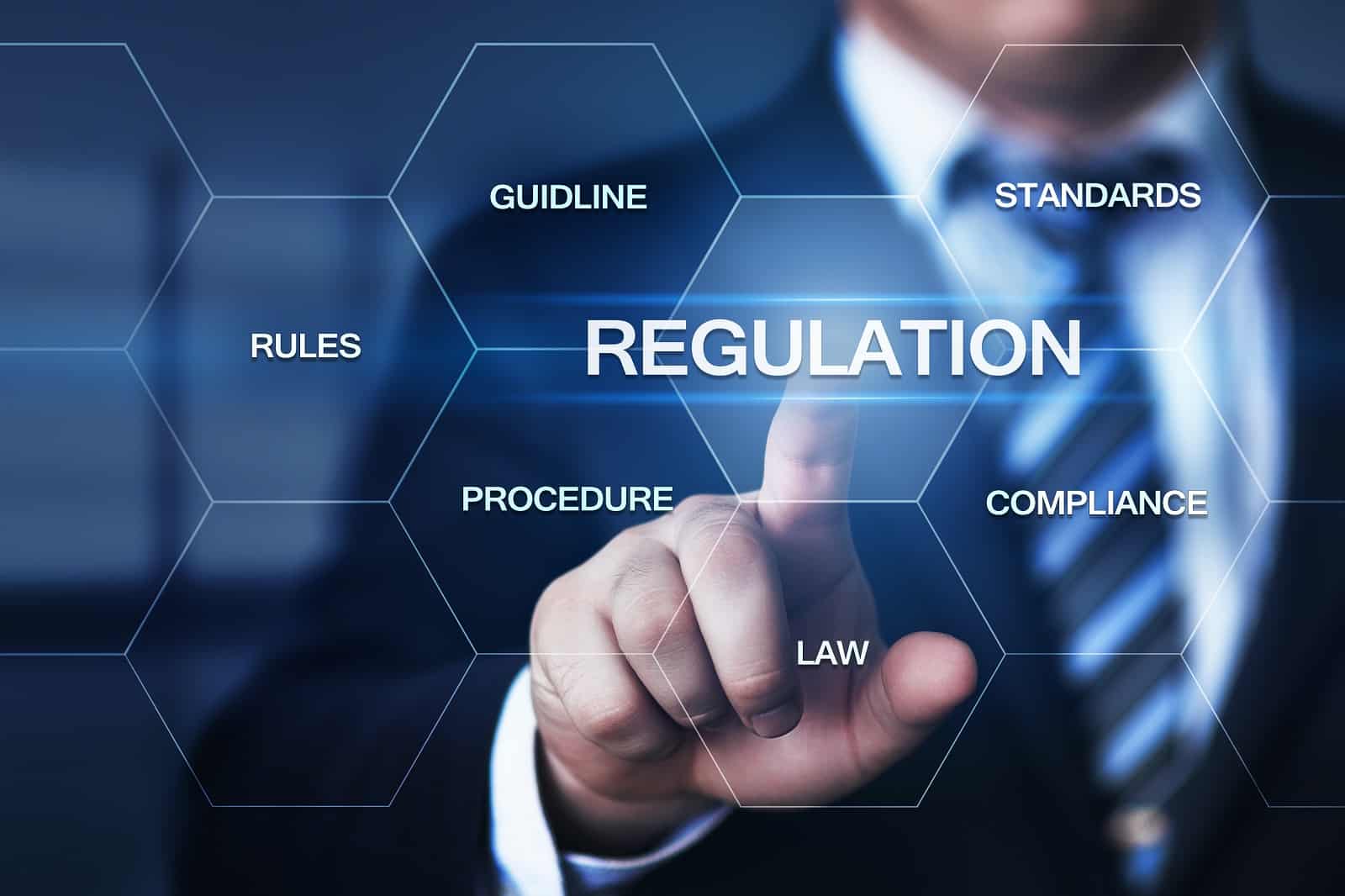
It remains to be seen whether this proposal is a genuine attempt to tackle the very real problems caused by young people’s access to potentially harmful social media apps or a desperate attempt for a government out of ideas to remain relevant.
The post UK Debates Ban on Smartphone Sales to Minors Under 16: A Controversial Proposal first appeared on Now Buzz.
Featured Image Credit: Shutterstock / NDAB Creativity.
For transparency, this content was partly developed with AI assistance and carefully curated by an experienced editor to be informative and ensure accuracy.

